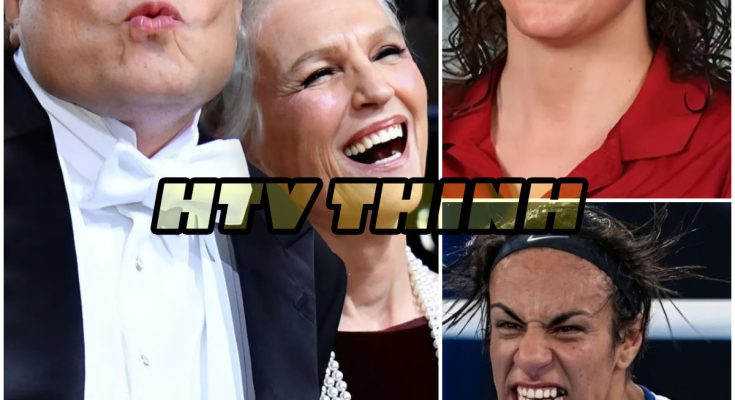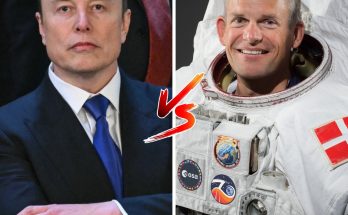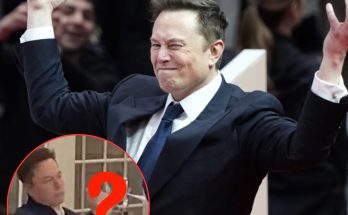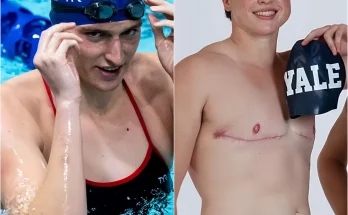Elon Musk’s Mother Sparks Controversy with Bold Support: Her “10-Word” Call to Boycott Biological Men in Women’s Sports Ignites Debate
Maye Musk, the influential mother of billionaire entrepreneur Elon Musk, has ignited a fiery debate on social media with her concise yet provocative statement advocating for a boycott against biological males competing in women’s sports.
Her “10-word” call—”Boycott sports that allow biological men to compete against women”—has quickly spiraled into a heated national conversation, exposing deep societal divides over gender identity, sports fairness, and equality.
The statement, posted on Twitter and rapidly shared across multiple platforms, has drawn both intense criticism and staunch support, highlighting the polarized perspectives prevalent in the ongoing debate around transgender participation in women’s sports.
Maye Musk’s Bold Tweet and Immediate Reactions
Maye Musk, renowned author and model, who is no stranger to bold statements and public advocacy, tweeted her stance succinctly but with powerful resonance.
Within hours, her post garnered thousands of retweets and comments, attracting responses from prominent public figures, athletes, activists, and social commentators.
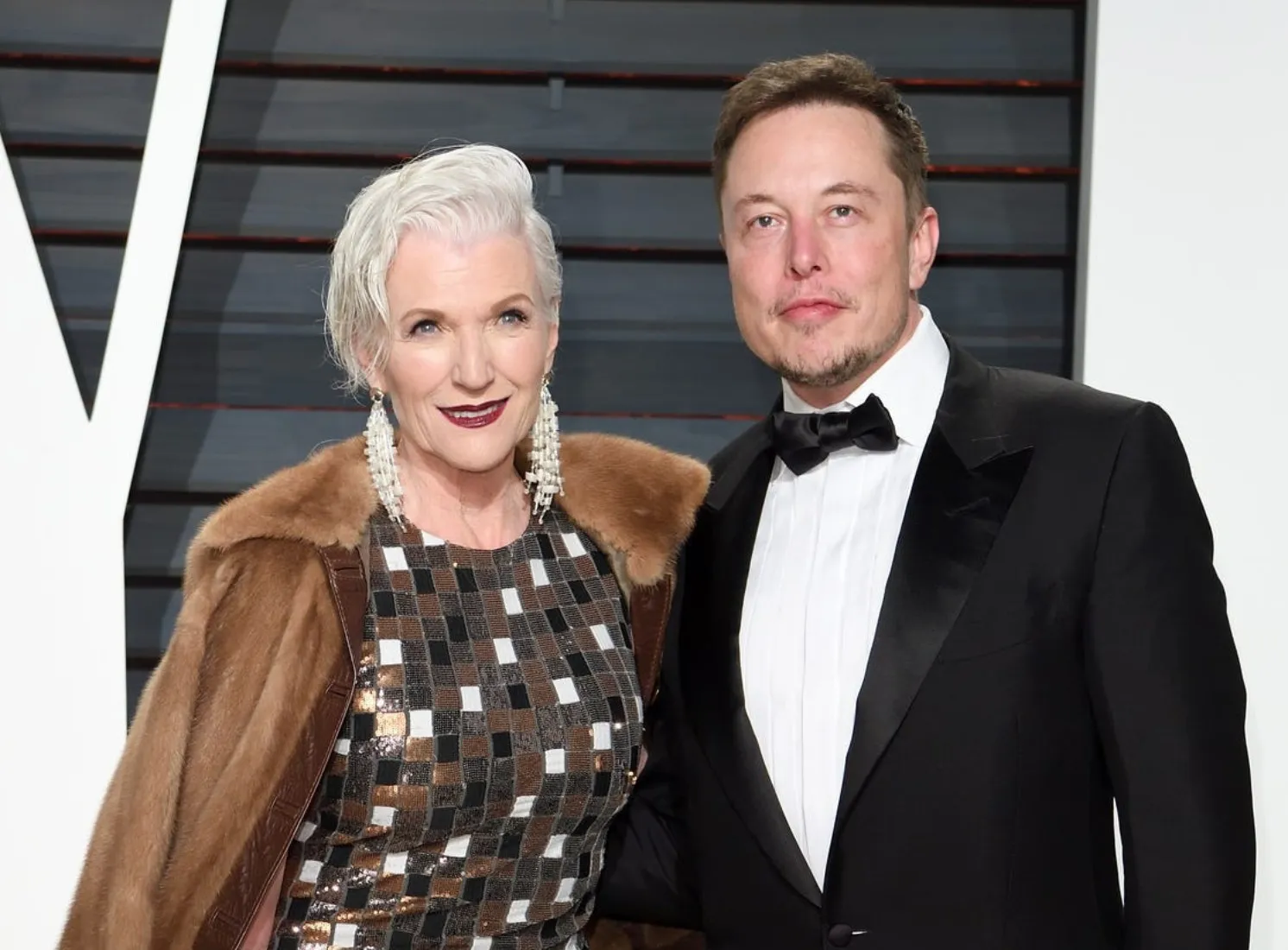
Critics of Musk’s statement accused her of fueling transphobia and misunderstanding the realities faced by transgender athletes.
Advocacy groups swiftly condemned her stance, highlighting potential harm towards transgender individuals and emphasizing the need for inclusive policies that respect all athletes’ identities.
Conversely, Musk’s supporters praised her courage to publicly address an issue they feel undermines the integrity of women’s sports.
Prominent female athletes who share similar views echoed her sentiment, claiming biological differences give transgender women an unfair advantage in competitions traditionally reserved for female-born athletes.
Impact on Sports Organizations and Policies
Maye Musk’s tweet aligns with ongoing legal battles and policy debates that have intensified across the United States. Sports organizations from high school athletics to elite international bodies face growing pressure to clearly define eligibility criteria for transgender athletes.
Musk’s public stance has added significant fuel to a complex and increasingly political issue.
Organizations such as the NCAA and the International Olympic Committee (IOC) have spent recent years navigating this sensitive territory. Current policies, aiming to balance fairness with inclusivity, have often faced backlash from both sides of the argument.
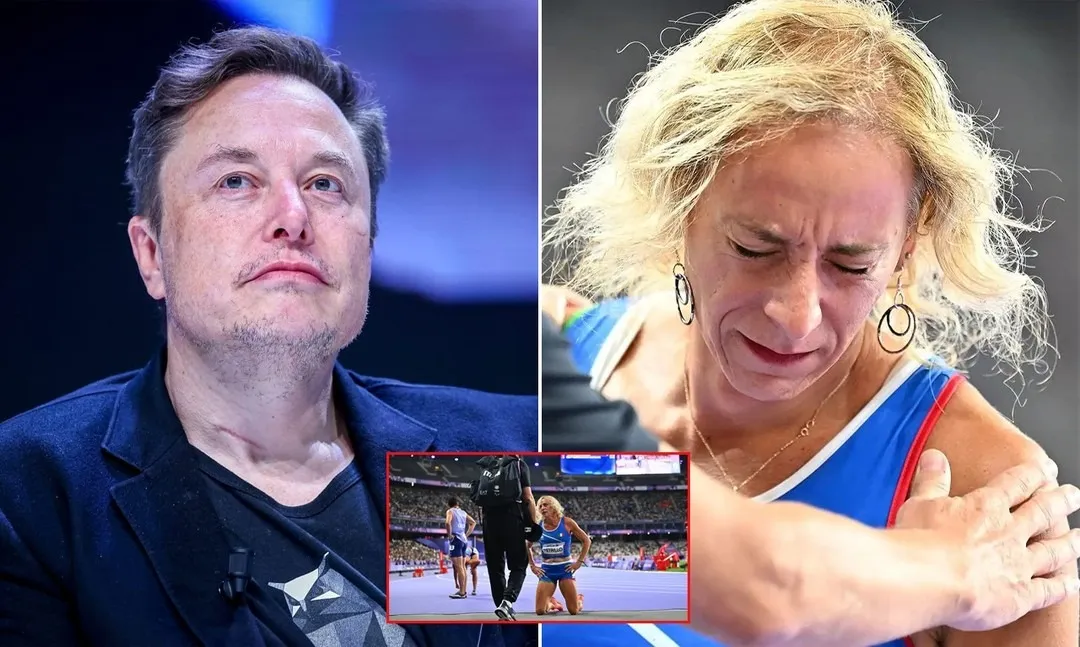
Musk’s tweet further amplifies the pressure on these bodies to revisit their rules and potentially establish clearer biological and gender-based participation guidelines.
Response from Transgender Advocates and Allies
Prominent transgender advocates immediately countered Musk’s position, emphasizing the importance of inclusion and equality within sports communities.
Advocacy organizations argued that policies supporting transgender participation are crucial for affirming athletes’ identities and maintaining mental health and well-being.
Sarah Reynolds, spokesperson for Equality Sports Alliance, strongly opposed Musk’s stance, stating, “Statements like these deepen misconceptions about transgender athletes and overlook the rigorous standards already in place to ensure fairness and integrity.
Sports must remain inclusive spaces that respect human rights and diversity.”
High-profile transgender athletes such as Lia Thomas, whose competitive participation has previously sparked controversy, have highlighted the rigorous standards and medical regulations transgender women athletes must meet.
Thomas recently emphasized the stringent hormone-level requirements and years of hormone therapy required for participation, countering claims of inherent biological advantages.
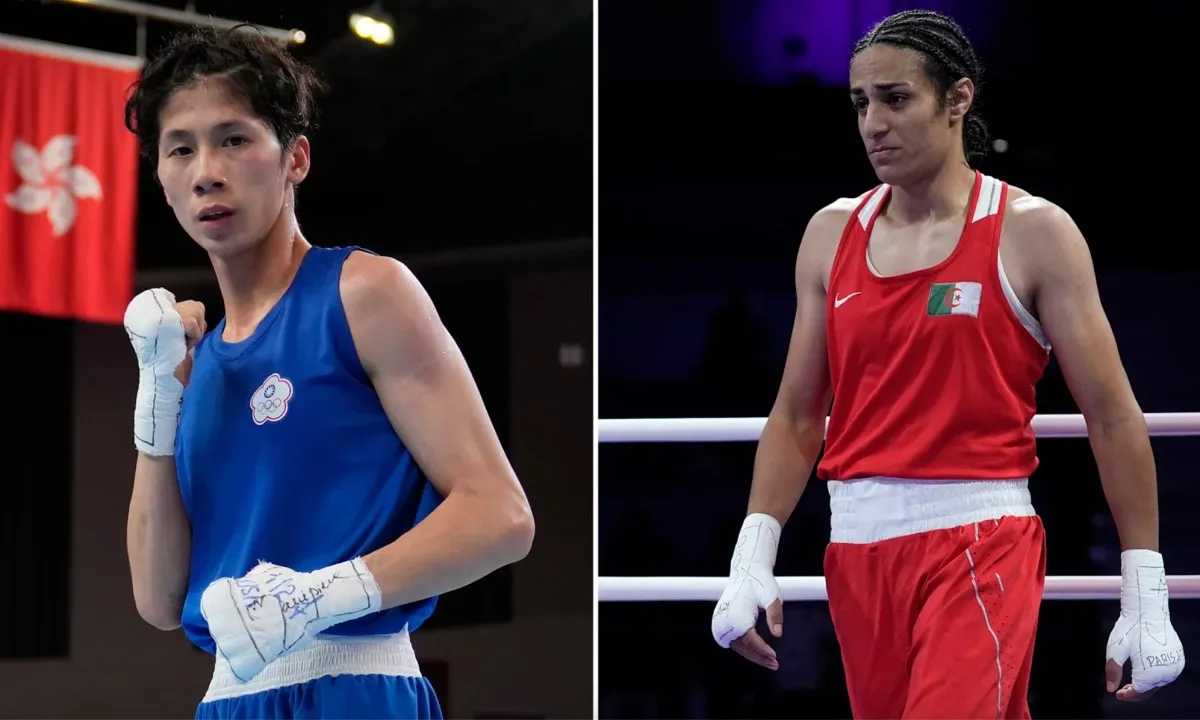
Support from Prominent Female Athletes
On the other side, influential voices in women’s athletics quickly endorsed Musk’s boycott call.
Tennis legend Martina Navratilova, known for her outspoken stance against biological males competing in female categories, retweeted Musk’s message, commending her bravery.
Olympic swimmer Sharron Davies, a vocal critic of transgender women competing against biological females, stated, “This isn’t about exclusion but about protecting the hard-earned rights of women to compete fairly and safely.
Biological distinctions matter in competitive sports, and we must acknowledge them transparently.”
Political Reactions and Societal Implications
The controversy sparked by Maye Musk’s tweet quickly transcended sports, entering political discourse. Conservative politicians and lawmakers leveraged Musk’s statement to further legislation aimed at restricting transgender participation in female sports categories.
Several states, including Florida and Texas, have already introduced or enacted laws addressing this exact concern, reflecting broader societal contention.
Democratic politicians and progressive activists, however, criticized Musk’s tweet as divisive and discriminatory.
They reiterated their commitment to protecting transgender rights, emphasizing that inclusive policies are essential for promoting equality and combating discrimination.
Impact on Public Opinion
The widespread reaction to Musk’s brief yet potent tweet illustrates the complex landscape of public opinion regarding transgender participation in sports.
Public surveys indicate a stark division among Americans, with many prioritizing inclusivity and equality, while others emphasize biological fairness in competition.
Polls conducted in response to recent controversies suggest that public opinion is closely split. However, Musk’s high-profile intervention is likely to energize those who argue for stricter, biologically-based sports categories, potentially influencing future legislative actions and institutional policies.
Conclusion: A Turning Point?
Maye Musk’s “10-word” call to action has undeniably brought renewed attention to a contentious issue with profound implications for society, sports governance, and human rights.
The discourse she sparked highlights deep-seated divisions and underscores the challenges institutions face in balancing fairness, inclusivity, and biological realities.
Whether Musk’s call for a boycott will significantly reshape policies or public opinion remains uncertain. Nevertheless, her influence and the intense debate she ignited signify a pivotal moment in the ongoing struggle to reconcile gender identity with competitive fairness in women’s sports.
As discussions continue to evolve, sports organizations, policymakers, and society as a whole face critical choices that will profoundly impact the future landscape of competitive sports and transgender rights.
Maye Musk’s brief yet impactful statement may very well prove to be a defining moment in this ongoing societal debate.
